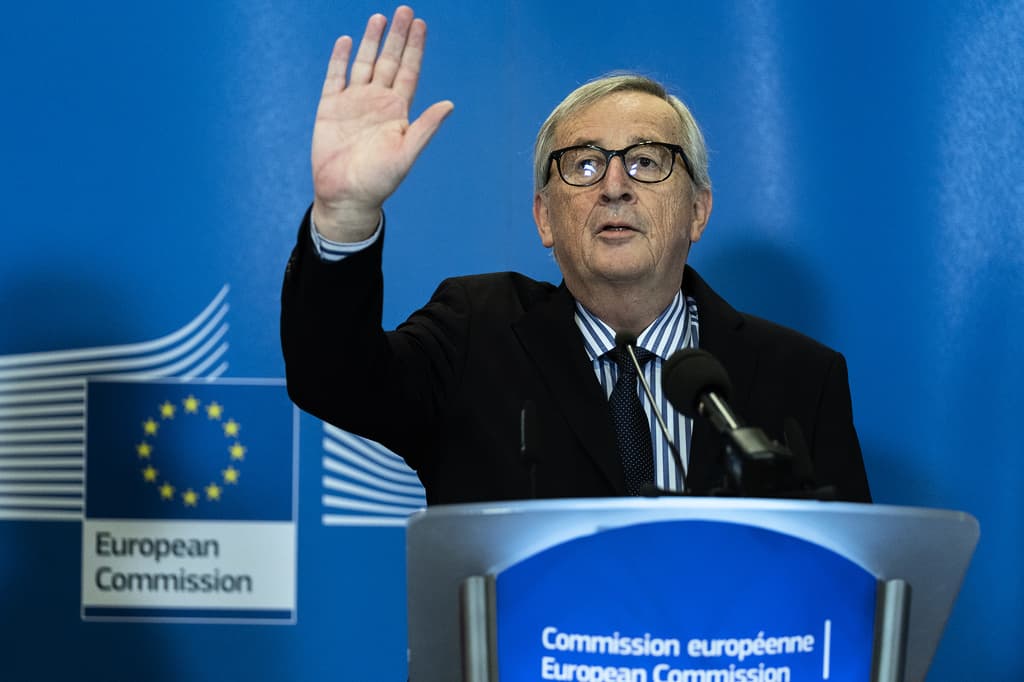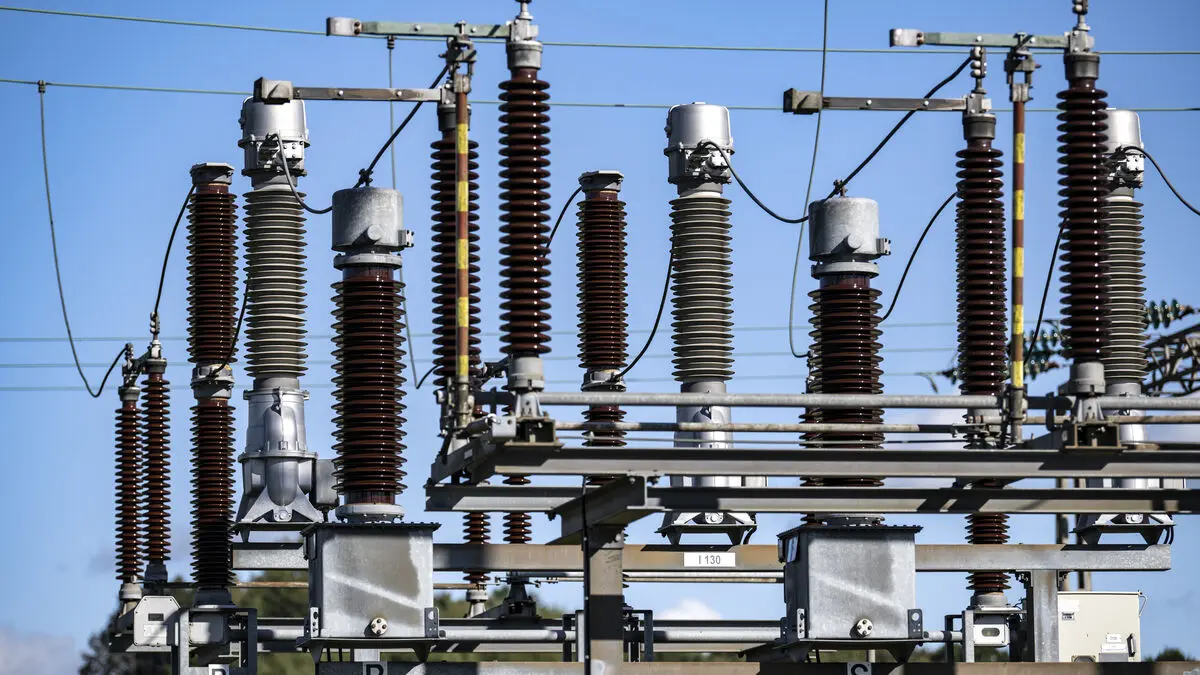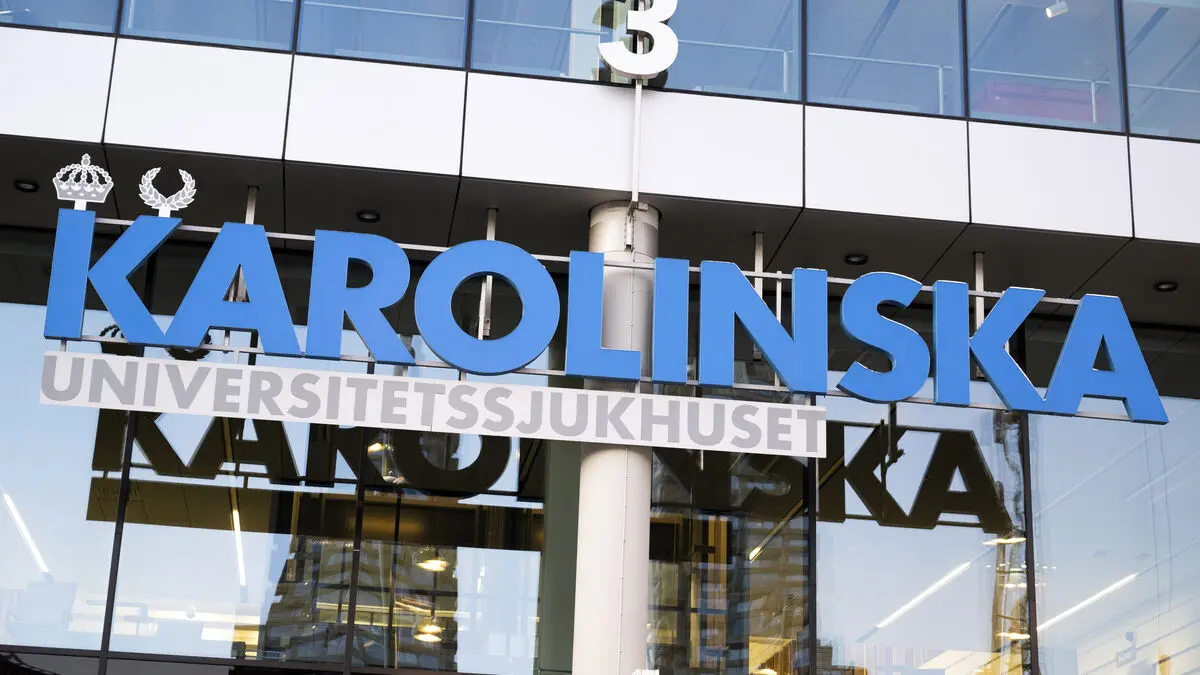Don't bother about the far-right! The advice comes from the European Commission's former president when the successor is to gather support after the EU election.
Ireland's votes remain to be distributed.
Luxembourg's Jean-Claude Juncker was the EU boss from 2014-19 and is convinced that the centre votes are enough to get German successor Ursula von der Leyen re-elected for five years.
The majority should not be expanded with parties from the far-right, he states in an interview with Italian newspaper La Stampa, according to news site Politico Europe.
The three centre groups in the EU Parliament – conservative EPP, social democratic S&D, and liberal RE – seem to have support from around 400 MEPs in the newly elected EU Parliament. At least 361 of them need to say yes for von der Leyen to continue in her post, but since far from all parties in the centre support the German, nothing is yet certain.
Not allowed to participate?
The EU countries' heads of state and government will gather in Brussels on Monday for a first discussion about who they think should sit on the various top posts in the EU over the next five years.
If von der Leyen gets to participate in the meeting has, however, been uncertain, following reports that Council President Charles Michel – whose cooperation with von der Leyen has cracked increasingly – wants to keep the German out, citing that she is an official candidate. The European Commission, however, firmly expects to participate in the meeting.
It's an informal dinner for the members of the European Council, which the president attends, so we expect her to participate, says Commission spokeswoman Arianna Podesta at a press briefing in Brussels.
The result is that von der Leyen gets to participate in the first part of the dinner, but then has to leave when it's time to discuss names, according to a meeting among EU countries' ambassadors on Tuesday.
Ireland delays
According to the EU Parliament's preliminary results, the three centre groups still stand at 400 seats. Single changes can still occur since Ireland has only counted winners for one of its 14 seats so far.
Ireland votes with a complicated system where voters rank their candidates, leading to a long series of recounts in the three constituencies.
The Belgians voted the most and the Croatians the least in this year's EU election. Sweden landed almost exactly on the EU average. Here is the voter turnout in percentage in the 27 member states:
Belgium: 89.8
Luxembourg: 82.3
Malta: 73.0
Germany: 64.8
Hungary: 59.3
Cyprus: 58.9
Denmark: 58.2
Austria: 56.3
Romania: 52.4
France: 51.5
Sweden: 50.7
Ireland: 49.8
Spain: 49.2
Italy: 48.3
Netherlands: 46.2
Slovenia: 41.4
Greece: 41.4
Poland: 40.6
Finland: 40.4
Estonia: 37.7
Portugal: 36.5
Czech Republic: 36.4
Slovakia: 34.4
Latvia: 33.8
Bulgaria: 33.8
Lithuania: 28.3
Croatia: 21.3
Whole EU: 51.0
Note: In Belgium and Luxembourg, voting is compulsory.
Source: EU Parliament.






